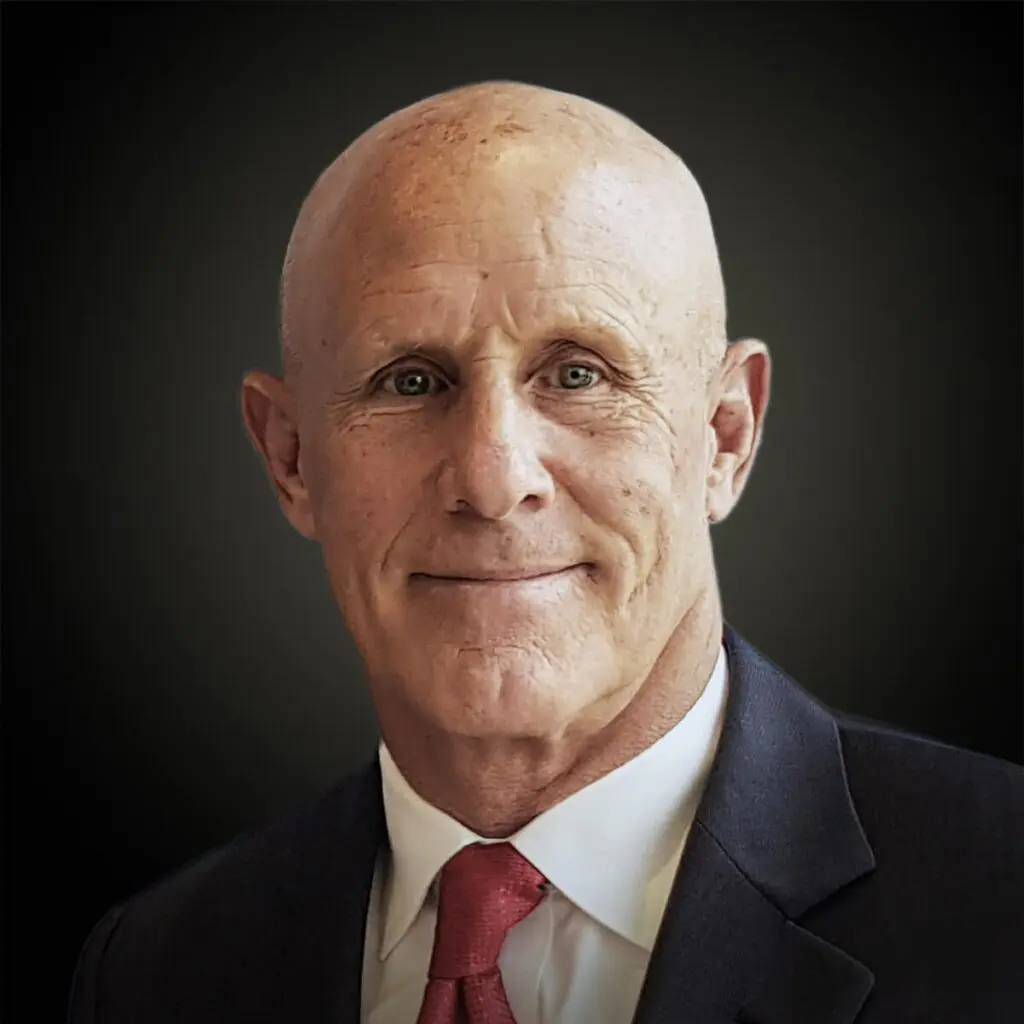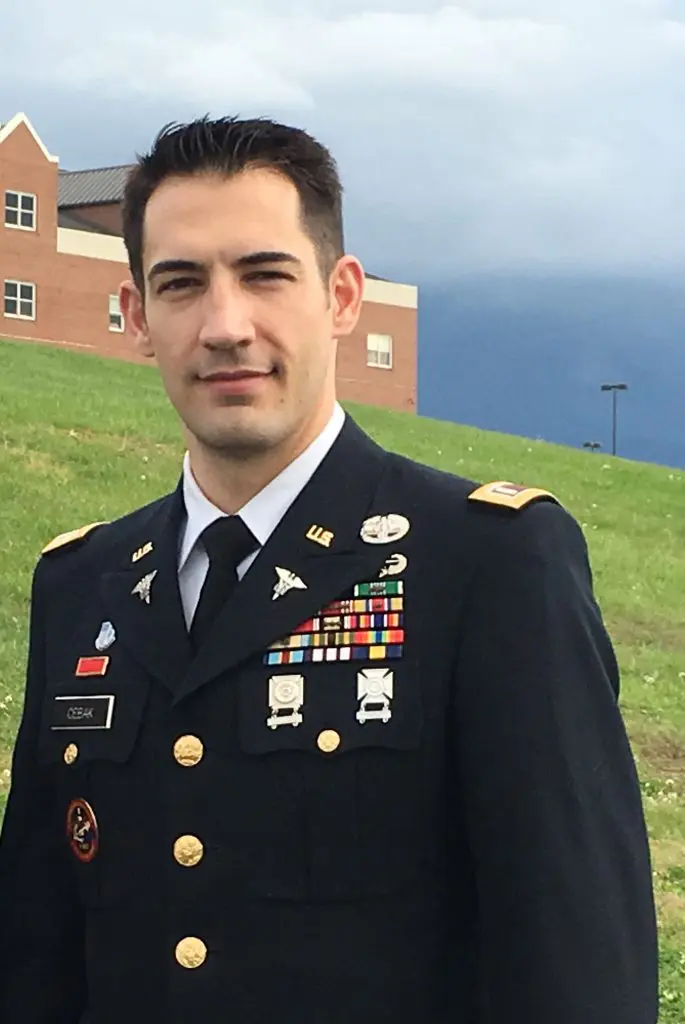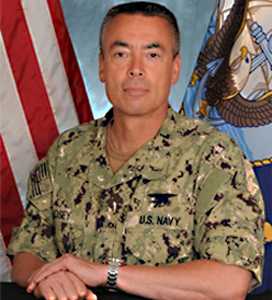“I’d like to preface this by saying that the military experience is diverse and can be vastly different from individual to individual. We so often look at the difficulties and issues Veterans face as if all of them face the same issues; this just isn’t the case. My thoughts and opinions are shaped both from my personal experience in the military, my journey after getting out, and hearing the stories of the many Veterans I’ve interviewed over the last two years as a filmmaker and journalist.
One thing I’ve learned is that society can’t bear all the responsibility of re-integration; actually most of the responsibility has to fall on the Veteran. We have to take control of our lives and our future hopes to the best of our ability in order to move forward. I think this primarily comes from finding new purpose.”
In short and general terms I think the greatest challenge for Veterans is the difficulty, and sometimes stubborn refusal, to transition from one identity into the next phase of life. It’s uncomfortable and scary to deactivate the ‘warrior’ or ‘soldier’ mentality. But it’s necessary. Society’s responsibility in this is to take the Veteran out of the box and know that every Vet’s experience is different.
Many are thriving after smooth transitions; we just don’t hear about them. For the ones who are struggling, their difficulties can range from physical, mental or emotional to something far more practical and simple like setting up healthcare, starting a business or applying for a job.
We often use the term “re-integration” as if the Veteran is coming back to something they were a part of at one point. For many Veterans, their late teen and early adult years were shaped by the culture and structure of the military, including a decade and a half of war. Upon returning to a complex and often divided society, many are simply “integrating.”
I think identity is a big part of it; at least it was for me. At some point I had to start looking into the future and letting go of some of the past that was defining me. A time spent in the military can be whatever you want it to be no matter the experience. It can be what defines you forever, but it doesn’t have to be. Your best years are not behind you and if you live as if they are, you’re missing out on so much. Do you want to be the 40-year-old high school sports star wearing your letterman jacket still talking about knockin’ heads and throwing touchdowns, or do you want to move forward into the life that’s waiting for you?
The ‘Veteran experience’ has changed a fair deal in the last 15 years but mostly in the areas of mental and physical healthcare. I think the real question might be how has the Veteran experience changed over the last 40 years. And why?
Post-Vietnam was a time for the government to rekindle society’s love and trust in the American Military, and we did a really really good job of this – primarily through movies and the narrative of the ‘American Hero’. This idea has accelerated in the last 15 years to the point where society has become obsessed with war heroes.
In some ways this shift in sentiment is good because it allows space for an easier transition than those of the Vietnam era. However, in my opinion, viewing every Veteran as a war-wearied soldier returning from the battlefield and ‘valorizing’ everyone who serves has created social incentives for Veterans to be traumatized by war, which then becomes something that starts to define them; regardless of their experience. In some ways this slows the process for developing effective mental health treatments and having a real discussion about what it means for a country to be at war.
The majority of Veterans never see combat and often are supporting war efforts from miles and sometimes hundreds of miles away. That’s not to say the experience of deployment, the constant unknown in a place where people want to hurt you with the threat of death in the back of your mind doesn’t have an effect on someone. It’s just a far different experience than the minority of soldiers whose daily lives consist of operations outside the wire, directly witnessing the devastating effects of conflict.
Cohen Veterans Bioscience and Cohen Veterans Network have set up an innovative model that has the potential to disrupt the current care model in two significant ways that I can see.
First, Cohen Veterans Network is dedicated to providing comprehensive mental health care to Veterans and their family or support network. In addition, they are extending services to anyone who has ever enlisted, regardless of discharge. This is something you don’t see even in many boutique Veteran service organizations. This is huge because many Veterans fall through the cracks and are denied benefits due to minor infractions in the military, or are enlisted and discharged because they just couldn’t adjust to military life.
Second, Cohen Veterans Bioscience is bringing together some of the greatest minds in the world to tackle the issues of PTSD and TBI. And while they are using some of the most innovative research and technologies available, they haven’t lost sight of the fact that so much of this issue has to do with heart. That is to say that treating PTSD is just as much emotional as it is physiological or psychological. And I think this organization truly recognizes that.


















